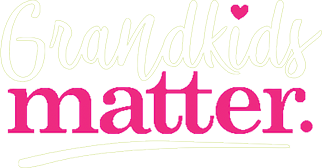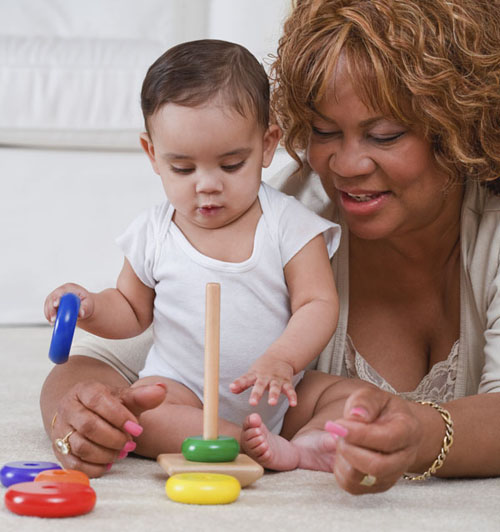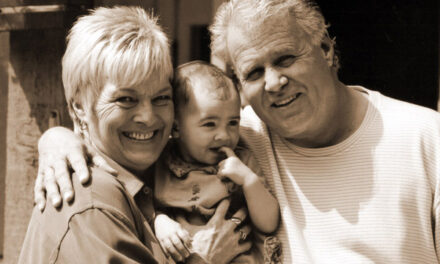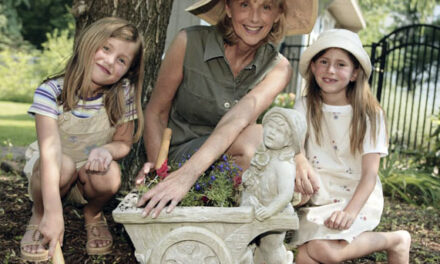It might be difficult to remember when your own kids were this age, and how you talked to them on a daily basis. Maybe you were just trying to survive as a young parent, and you couldn’t give much thought to your child’s verbal development.
But now, as a grandparent, few things are better than interacting with your young grandchild. And you likely have the time and peace of mind to make these kinds of regular time investments.
Many child development experts believe that the more verbal interaction a child has during his toddler years, the better his chances are for being advanced later in life in terms of intellect, language skills, and social development.
For any adult, communicating with a toddler can be a challenge—sometimes a guessing game, sometimes a frustration, sometimes a laugh riot. But here are two simple reminders about helping your grandchild learn to talk and understand his or her world better during these critical early years.
Talk to your grandchild … a lot.
Even though some language learning will happen naturally, we can help foster deeper growth and intelligence by being intentional about it. Even if you aren’t an outgoing, highly verbal person by nature, your young grandchild will benefit from an ongoing commentary as you spend time together.
Just give a two-year-old-level play-by-play on what you’re doing. It can be as simple as:
“I’m fixing your cereal. Let’s put your bib on so we can eat breakfast. Now, where did that spoon go? Oh, these mashed bananas are so good!” “
You like playing with these rings, don’t you? Yes, there’s the green one.” And on and on.
Remember, your toddler has an incredible capacity to soak things in right now, and the more words and ideas you run past him or her, the better.
Also, strive to be positive.
Learning language involves a lot of trial and error, and your grandchild will get a lot of words not-quite-right as she learns to make all the right sounds. She might call a bottle a “baba,” or a lawn mower a “naw-mo” … you just never know.
It might be obvious, but be a good listener, even if right now her “language” is pretty unintelligible. And encourage whatever efforts she makes to communicate verbally. Once she starts putting sentences together, correct grammar will be even more challenging.
Being positive means trying to affirm her effort even as you correct her. Maybe, instead of saying, “No, that’s not a naw-mo, it’s a lawn mower,” you can try something like, “Yeah, you like the lawn mower, don’t you?”
You want to help your young grandchild learn clear communication skills, but you also want to promote a positive attitude about what she is learning. And a positive attitude may be her best asset as she learns about words, ideas, emotions, and her own endless possibilities in life.





